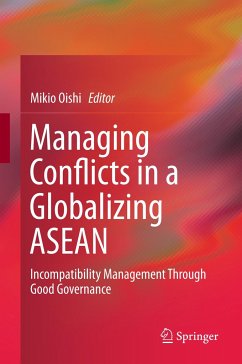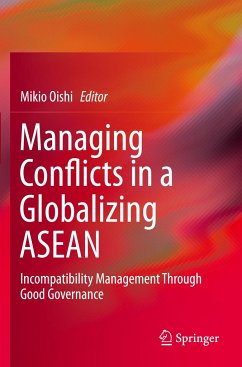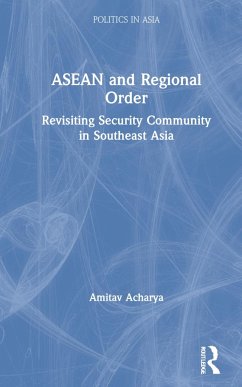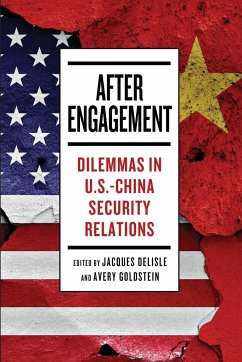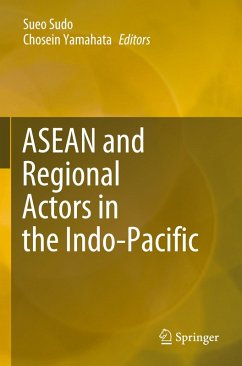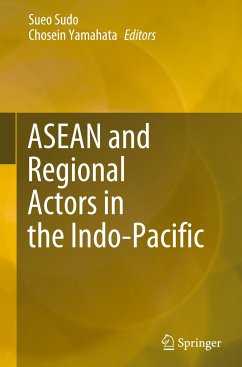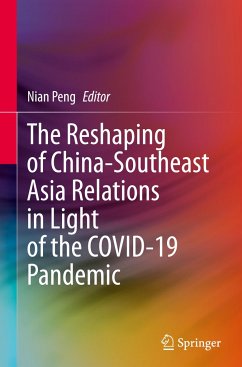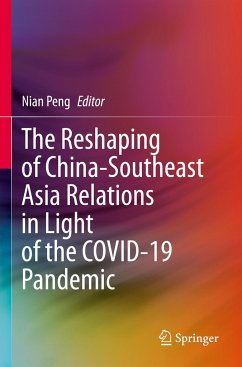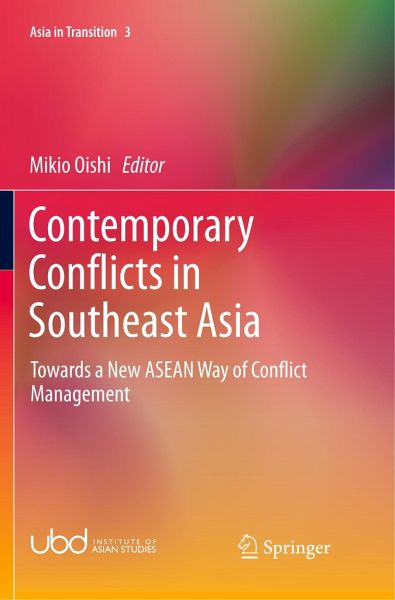
Contemporary Conflicts in Southeast Asia
Towards a New ASEAN Way of Conflict Management
Herausgegeben: Oishi, Mikio
Versandkostenfrei!
Versandfertig in 6-10 Tagen
76,99 €
inkl. MwSt.

PAYBACK Punkte
38 °P sammeln!
This book looks at major contemporary conflicts -intra and interstate- in Southeast Asia from a conflict management perspective. Starting with the view that the conventional ASEAN conflict-management methods have ceased to be effective, it looks for new conflict-management patterns and trends by investigating seven contemporary cases of conflict in the region. Focusing on the incompatibilities involved in each case and examining how they have been managed-whether by integration, co-existence, elimination or maneuvering around the conflict-the book sheds new light on the significance of managin...
This book looks at major contemporary conflicts -intra and interstate- in Southeast Asia from a conflict management perspective. Starting with the view that the conventional ASEAN conflict-management methods have ceased to be effective, it looks for new conflict-management patterns and trends by investigating seven contemporary cases of conflict in the region. Focusing on the incompatibilities involved in each case and examining how they have been managed-whether by integration, co-existence, elimination or maneuvering around the conflict-the book sheds new light on the significance of managing conflict in achieving and maintaining the stability of the Southeast Asian region. It makes a significant theoretical contribution to the field of peace and conflict studies by proposing the concept of "mediation regime" as the key to understanding current conflict management within ASEAN.





